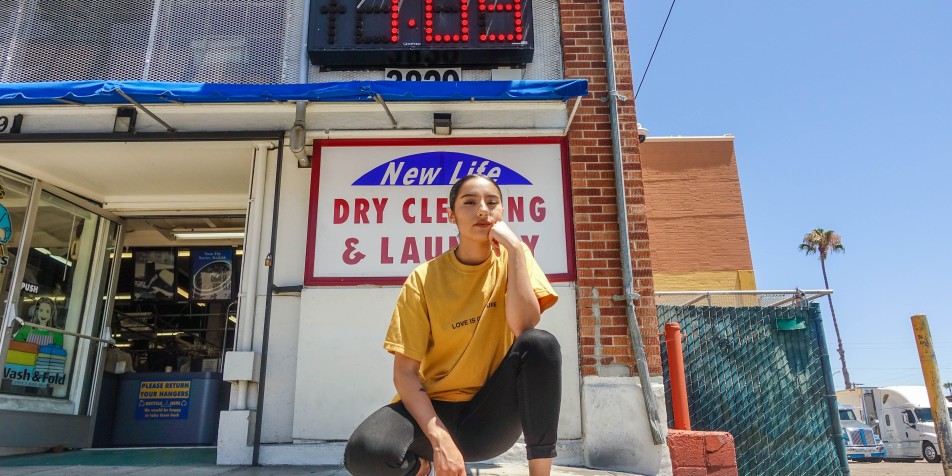Reimagining Restitution: New Approaches to Support Youth and Communities

When it comes to youth restitution, no one wins. Juvenile courts across the country order young people to pay restitution when they are too young to work, still in school, and often in communities where resources are scarce. Youth who can’t pay restitution may be prevented from accessing diversion programs, forced to stay on probation longer, and even locked up for not paying. Family stress, long-term credit damage, and racial disparities resulting from restitution also make it harder for these youth to bounce back. Meanwhile, victims don’t get paid. Communities become less safe. And restorative justice is nowhere in sight. Our report outlines the history of restitution; surveys youth restitution laws in all 56 states and territories; draws on research across fields to outline the harmful impact of restitution on youth, victims, and communities; and proposes key considerations for reimagining restitution.

